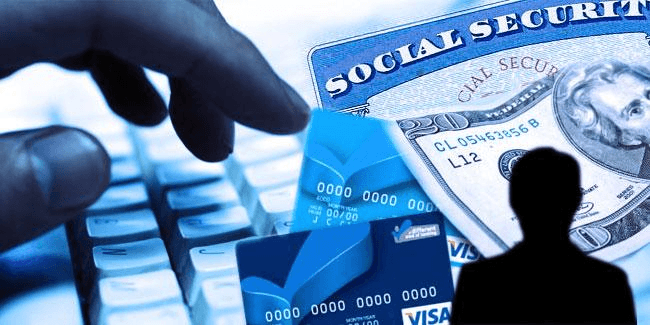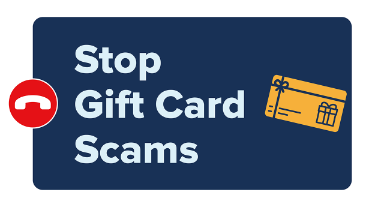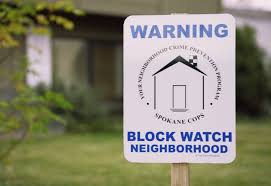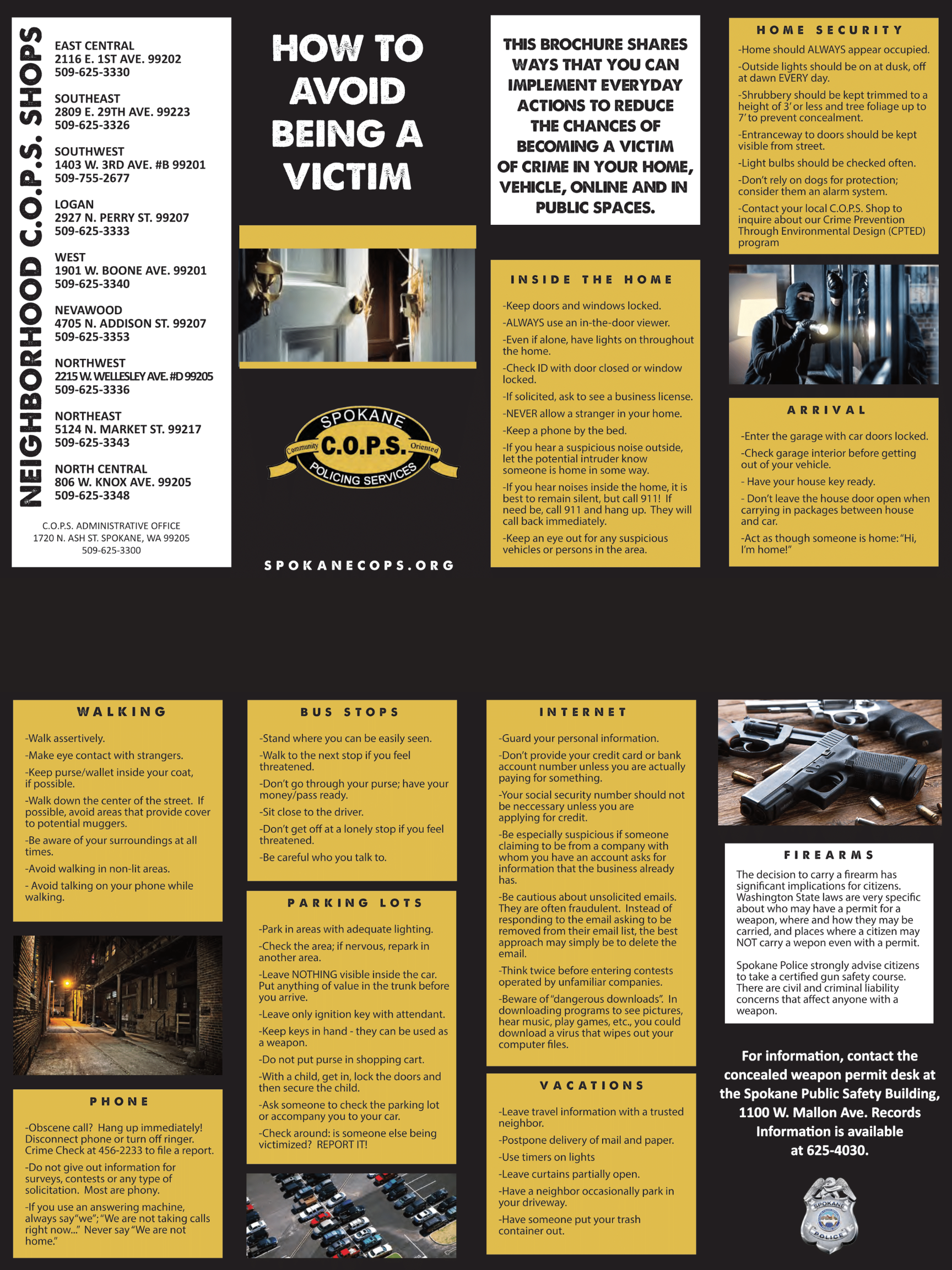Everything You Need to Know About Identity Theft

Have You Been A Victim of Identity Theft?
Identity theft is the nation’s fastest growing crime according to FBI statistics and identity theft/fraud is the fastest-growing category of Federal Trade Commission (FTC) complaints. Identity theft is in the top five most reported crimes to the federal government.
- Consumer fraud and identity theft costs Americans $1.2 billion and more.
- Scams continue to flourish, generally falling into known categories: lotteries, jury duty, IRS audits, Nigerian, account verification or phishing, money laundering and check cashing (you deposit checks for a company and then send them the money).
- There has been growing acknowledgement that identity theft is a multi-faceted crime and not just financial in nature. More cases of criminal identity theft, where the imposter uses the victim’s identity when arrested or cited, are being reported. Criminals are using a victim’s Social Security number to work, collect welfare or unemployment, as well as get medical benefits and healthcare.
Identity theft is taking someone else’s personal information (such as the driver license or identification card number, social security number, bank or credit card account numbers, etc.) An impostor can use your identity to open fraudulent credit accounts, secure loans for cars and housing, or steal money from your bank accounts. It is a serious crime with serious consequences.
How Do Thieves Get Your Information? Thieves can get your information by:
- Going through your trash looking for bills or other documents with your personal information on it.
- Stealing your mail or your wallet.
- Stealing your credit card and debit card numbers by using “false fronts” attached to the front of ATM devices.
- Listening to conversations you have in public.
- Tricking you into giving them information through the telephone or by email.
- Obtaining your information on the Internet or from someone who might have stolen it.
- Stealing your information from a loan or credit application or from files or dumpsters of a hospital, bank, school, or business with which you have dealt.
- Hacking into your personal computer or phone equipment.
- Someone you know accessing your personal information such as a friend, relative, roommate, coworker, or employee.
What to do if I.D. Theft Happens to You
- Call the Spokane C.O.P.S. Crime Victim Advocate at (509)625-3328 for assistance and more information. We can take you step by step to help protect yourself.
- Report the incident to law enforcement and order a copy of your police report.
- File a report with the Federal Trade Commission: online at https://www.ftc.gov/
or call 1-877-ID-THEFT (1-877-438-4338).
- Report the identity theft to your financial institution and consider closing your accounts.
- Place a “Fraud Alert” on your credit reports at:
- TransUnion 1-800-680-7289
- Experian 1-888-397-3742
- Equifax 1-800-525-6285
How to Protect Yourself
Spokane C.O.P.S. Crime Victim Advocate specializes in I.D. theft. The advocate is available to talk to if you need more information on steps you can take to help ensure your I.D. isn't compromised in the first place and is also available for speaking engagements for your group or organization on how to protect yourself. Our advocate can be reached at (509) 625-3328. Services are free of charge, so please make use of them!
Identity Theft Protection Resources
- ID Theft & Fraud Flyer (English)
- ID Theft & Fraud Flyer (English)Russian)
- Identity Theft Prevention Resources
- Reviews.com Identity Theft Protection Reviews






